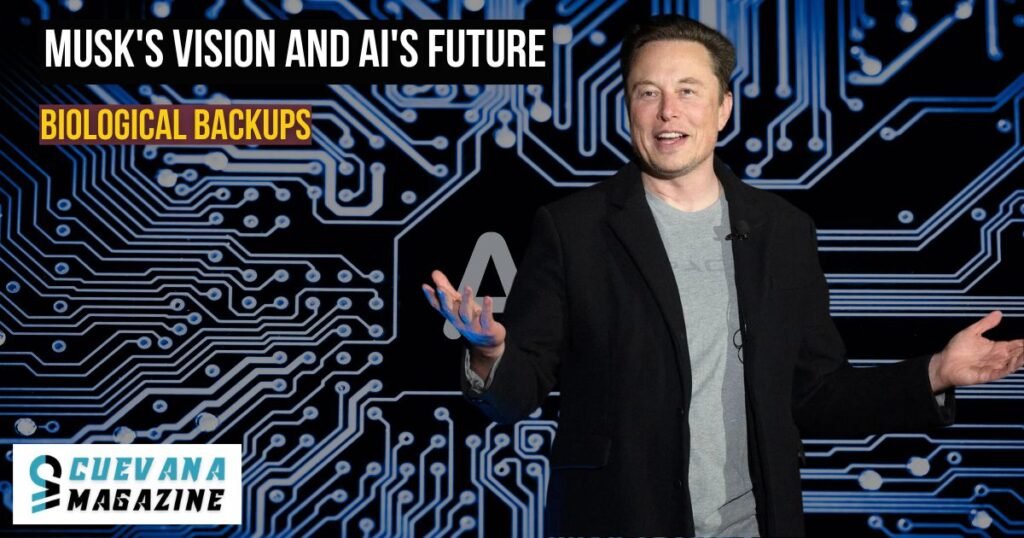Elon Musk recently claimed that AI will surpass doctors and lawyers. This statement followed a study in which ChatGPT-4 outperformed medical professionals in diagnosing illnesses. Specifically, AI achieved a 90% accuracy rate, compared to doctors’ 76% using AI tools and 74% using traditional resources. Bindu Reddy, CEO of Abacus.AI, supported this claim, suggesting AI could diagnose better than doctors. Similarly, AI might soon outperform lawyers and other complex professions.
These advancements raise questions about AI’s role in the workforce. Can AI truly replace such knowledge-heavy jobs? Or will it merely serve as a powerful tool alongside human intelligence? Let’s explore the implications of these claims.
AI’s capability to analyze vast datasets is undeniable. In medicine, AI can swiftly process and compare data from numerous studies, enabling it to suggest diagnoses and treatments efficiently.
However, AI lacks human intuition and the personal touch essential to patient care. While AI might identify symptoms, understanding a patient’s emotional state and history remains a human strength.
In law, AI can streamline research by analyzing precedents rapidly. Yet, interpreting laws requires nuanced understanding and ethical considerations. This human insight is difficult to replicate.
Musk proposed that humans might become “biological backups” for AI. This suggests a future where AI handles routine tasks, leaving humans to focus on creativity and decision-making.
While AI can process data, humans excel in empathy and moral reasoning. Thus, humans and AI might work symbiotically, combining strengths for optimal results.
The possibility of AI replacing professionals raises ethical concerns. If AI surpasses doctors and lawyers, what happens to these professions? There’s potential for job displacement and new roles in AI oversight and ethics. Education systems may need to adapt and focus on skills that complement AI.
Collaboration between human intelligence and AI is crucial to harnessing AI’s potential. AI’s efficiency can enable professionals to focus on complex decision-making and patient care.
For instance, AI could assist in diagnosing while doctors build patient rapport and develop personalized treatments.
Similarly, AI might handle data-intensive legal tasks, enabling lawyers to concentrate on client needs and ethical considerations.
Final Thoughts
AI’s advancements pose challenges and opportunities. At the same time, AI’s impressive capabilities cannot replace human intuition and ethics. The future likely involves a partnership, with AI enhancing human roles rather than replacing them. For this vision to succeed, ongoing dialogue between AI developers, professionals, and ethicists is essential.
Ultimately, AI’s role is to support, not supplant, human expertise. Working together can create a future where AI and humans thrive, driving innovation and improving lives.
Sources: Explore more insights into AI advancements and discussions at Benzinga’s Consumer Tech coverage.


